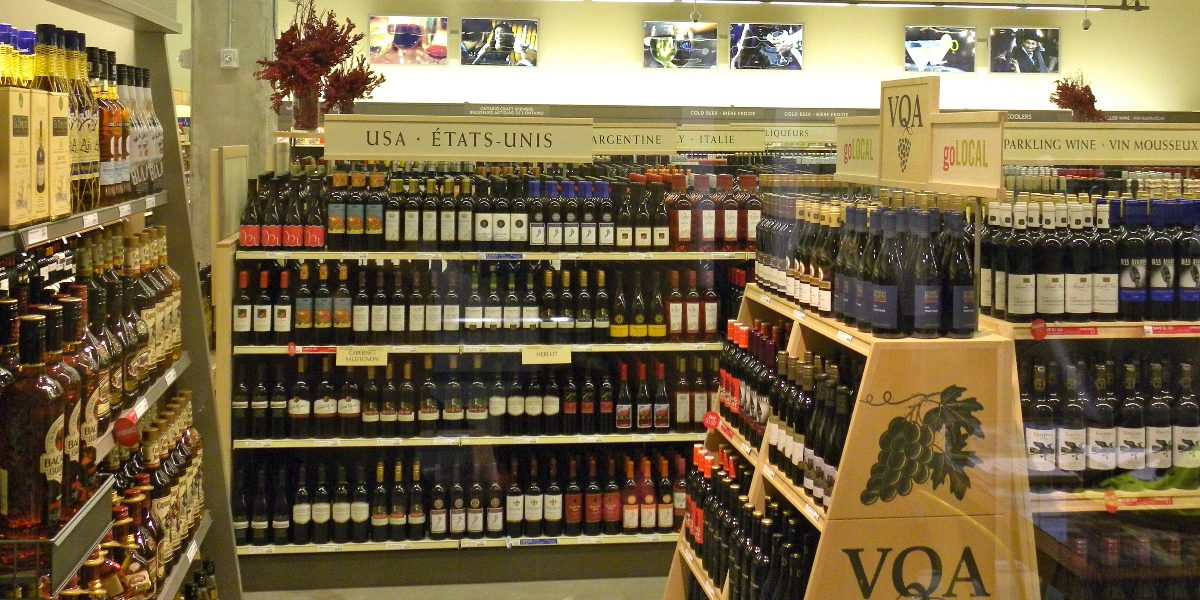Hamilton scientists say alcohol and cannabis sales were $1B higher than expected during pandemic
Published November 5, 2021 at 2:48 pm

It may not surprise many but now there is scientific data that shows Canadians purchased more alcohol and more cannabis during the COVID-19 pandemic.
Much more.
Researchers at Hamilton’s McMaster University looked at data from early 2020 and found that Canadians bought $1.86 billion more alcohol than was predicted based on the pre-pandemic trend. Increases in cannabis sales were $811 million higher than expected.
“These results offer one of the first national perspectives on changes in alcohol and cannabis use during the pandemic,” said study co-author James MacKillop, director of the PBCAR and professor in McMaster’s Department of Psychiatry and Behavioural Neurosciences.
“These sales figures give us clues into potential changes in behavioural patterns and can inform planning to address mental health impacts of the COVID-19 pandemic.”
Researchers from the Peter Boris Centre for Addictions Research (PBCAR) of McMaster and St. Joseph’s Healthcare Hamilton, as well as the Homewood Research Institute, identified these key trends.
The study used information from Statistics Canada to compare 16 months of alcohol and cannabis sales, both before and after the pandemic began; comparing figures from Nov. 2018 to Feb. 2020 and Mar. 2020 to Jun. 2021.
Researchers say sales of alcohol and cannabis surged by approximately 15 per cent over expected levels in March 2020, matching the panic buying of other consumer goods at the pandemic’s start.
Afterwards, both alcohol and cannabis sales remained consistently higher than pre-pandemic levels. Monthly cannabis sales rose by 25 per cent on average, while alcohol sales saw a more modest increase of 5.5 per cent.
MacKillop said the sales figures may serve as an early warning system for more long-term clinical impacts linked to increased substance use.
“These sales data give us an opportunity to quantify the pandemic’s impacts on two of the most commonly used substances for the country as a whole,” he said.
MacKillop added that the findings were complicated somewhat by the fact that the pandemic-era cannabis sales followed the first 16 months after which the drug had been legalized.
Although the predictions incorporated the rapidly expanding legal market, the pandemic may also have shifted cannabis consumers from the illegal market to legal, online purchasing, said MacKillop.
“It is unclear whether similar patterns exist outside of Canada, but the findings indicate the value of sales data as a strategy to characterize the impacts of COVID-19 on substance use,” said study co-author Jean Costello, director of evaluation at Homewood Research Institute.
“Although the changing landscape following cannabis legalization is a critical consideration, the availability of cannabis sales data at all is a boon for researchers evaluating the pandemic’s impacts.”
insauga's Editorial Standards and Policies advertising





